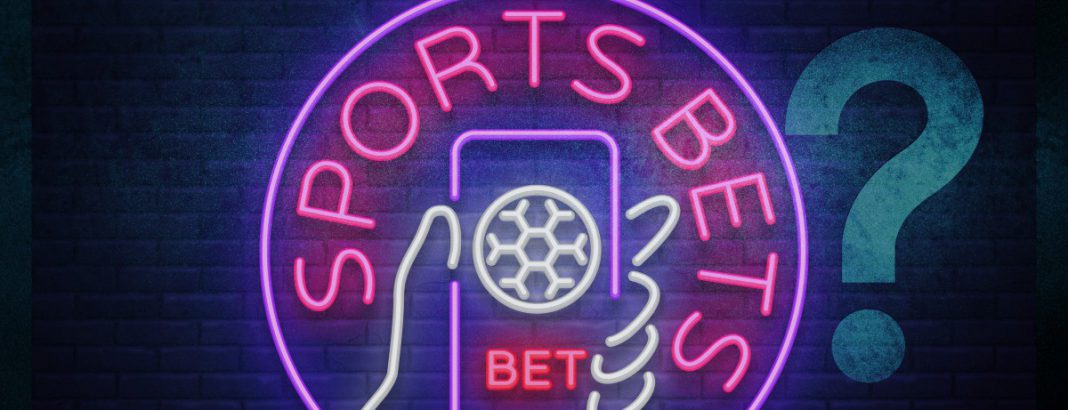Sports betting advisory firm Eilers & Krejcik Gaming has set out to deliver a clearer view of American sports bettors and their preferences with the release of a new survey this week titled Why Americans Do (And Don’t) Bet On Sports.
The study, which addressed the views of circa 3,000 Americans, covered hundreds of data points related to legal sports betting and provides a detailed assessment of four segments of American consumers.
The four comprise mainstream bettors (all active sports bettors in the US); engaged bettors (those with the highest involvement in sports betting among active bettors); interested non-bettors (those who are not active but would consider betting on sports); and uninterested non-bettors (those who don’t bet now and don’t intend to).
“For all of the hype surrounding the spread of regulated sportsbooks, there’s still a massive amount of ambiguity around how Americans will actually interact with legal sports betting,” said Chris Grove, a partner at Eilers & Krejcik and director of the firm’s sports betting practice. “Our latest survey provides an additional tool for anticipating how consumers are likely to respond to the rapid expansion of state-sanctioned betting on sports.”
Key findings of the survey showed that professional football is the dominant sport among bettors, with 93% of mainstream bettors reporting that they bet on an NFL game in the last 12 months.
It also found that 41% of mainstream bettors are “somewhat satisfied” with their current betting method, and 45% are “extremely satisfied,” pointing to a major challenge for legal sportsbooks hoping to win bettors away from bookies and illegal offshore betting sites.
Surprisingly, betting on esports is more popular than some might imagine, with the study revealing that 27% of mainstream bettors report wagered on an esports event within the last year.
Elsewhere the survey cited mainstream bettors as being most comfortable betting on sports with a casino brand (70%) or a sports organization (66%). A state lottery brand followed far behind at 47%, with media and fantasy sports brands rounding out the list at 42% each. The majority (61%) of interested non-bettors are female.
Looking at the potential halo effect of legalizing sports wagering, it transpired that 40% of interested non-bettors reported that legalization would positively influence their attitude toward sports betting. Only 5% of uninterested non-bettors said it would positively impact their attitude toward sports betting.
For more information on the survey go to www.ekgamingllc.com.














